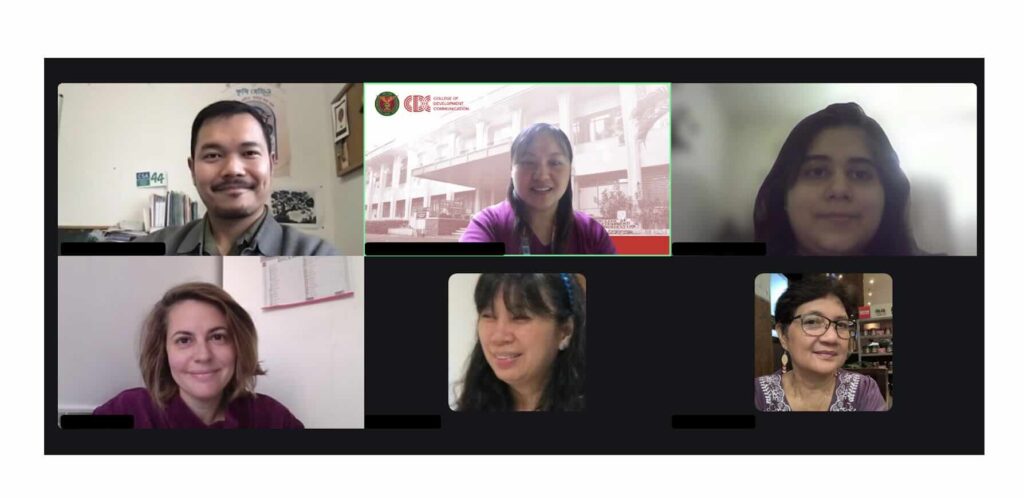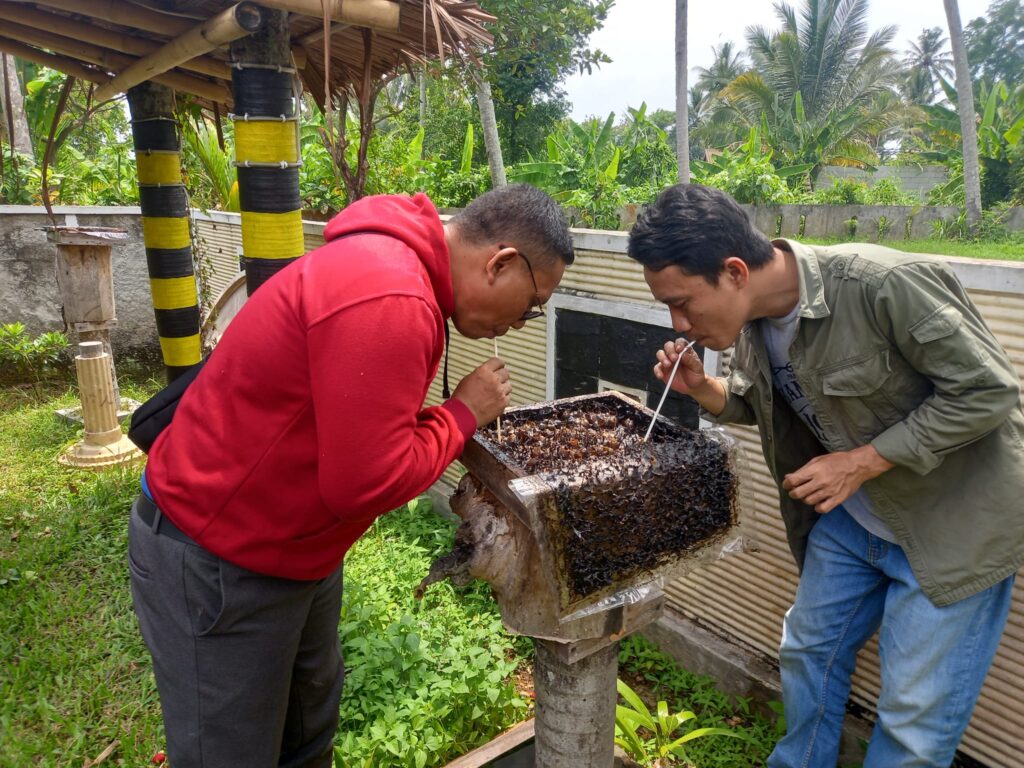Family Farmers Seen as Solution Providers in Food Systems Transformation
When asked how farmers can be empowered in co-shaping an agenda in food systems transformation, AFA Secretary-General Esther Penunia emphasized that family farmers should be seen not as victims but as “solution providers.” This was during the opening session for Galvanizing Game-Changers for the Future of Food last September 23, 2020, where AFA served as a panelist. The said session was part of the World Economic Forum’s (WEF) fourth Sustainable Development Impact Summit held last September 21-24, 2020.
Ms. Penunia explained that in terms of serving as solution providers, family farmers are the biggest private sector given that they heavily invest in agriculture. When grouped together as farmers’ organizations and cooperatives, family farmers are able to provide solutions as they are able to work together as a group and go into production, value addition, and also distribute their produce.
One example of how farmers became solution providers in this pandemic was done by an all-women cooperative from an indigenous community in the Philippines. This cooperative was able to establish a partnership with an urban poor neighborhood under lockdown so that they could organize a farmers’ market that will provide its residents with nutritious food.
Ms. Penunia ended her statement with a message on encouraging the involvement of family farmers, through their organizations and cooperatives, as equal partners and not just as beneficiaries. She affirmed that, as equal partners, they are able to work together in forming solutions and advocating for policies favorable to farmers and which in turn can attract the youth into exploring the field of agriculture.
WEF’s summit gathered representatives from various sectors to initiate a discussion on solutions for climate change and how to achieve sustainable development. The session on Galvanizing Game-Changers for the Future of Food had leaders from government, business, international organizations, farmer associations, civil society, and academia talk about the current food systems and how it can be further transformed in time for the Food Systems Summit in 2021.
This article was originally posted by AFA.



